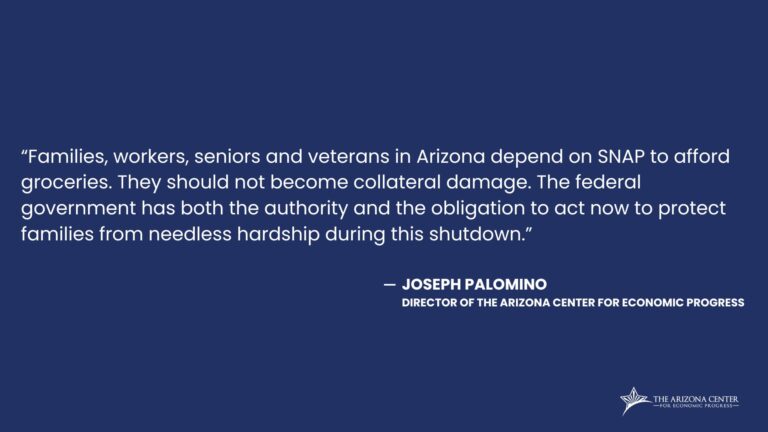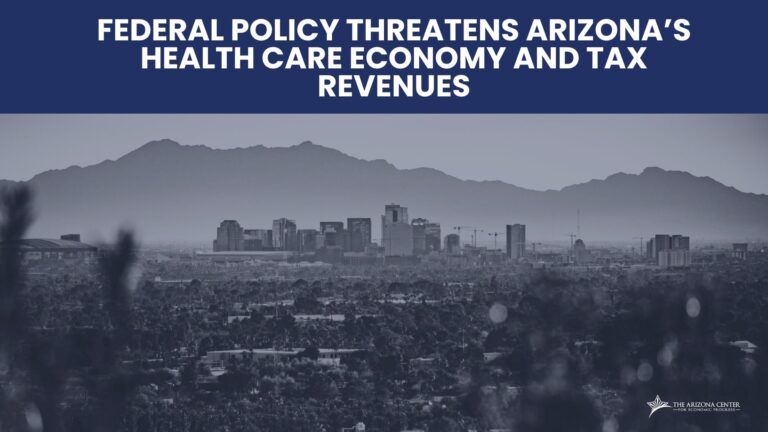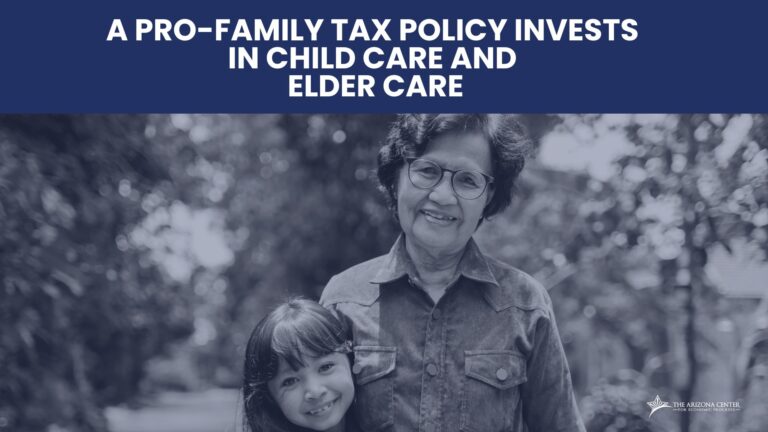The Effect of Pandemic EBT on Measures of Food Hardship
In the spring of 2020, 55 million school-age children were not in school and tens of millions lost access to school-based nutrition assistance programs. To alleviate the effects of lost daily school meals and to help households with children meet their nutritional needs, Congress authorized a new program, Pandemic EBT, which provides families with a voucher to purchase groceries for an amount equal in value to the school meals missed from the start of school closures to the end of the 2019–20 school year. We find that Pandemic EBT reduced food hardship experienced by low-income families with children and lifted at least 2.7-3.9 million children out of hunger.
Report from The Hamilton Project by Lauren Bauer, Abigail Pitts, Krista Ruffini, Diane Whitmore Schanzenbach



